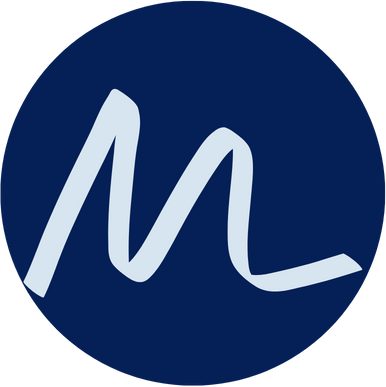The power of pen and paper
As I recently shared while presenting at Bluebird Leaders, a conference for women leaders in healthcare technology, reflection is one of the most powerful tools for personal and professional growth. In a space filled with remarkable women, we explored well-being and the unique challenges women face in leadership, especially within healthcare tech. In such a fast-paced, high-stakes environment, moments of self-reflection and journaling become crucial for maintaining balance and clarity.
Biochemist and educator James Zull offers insightful wisdom on this topic. In his work, he writes, "We should remember that writing also has advantages that talking doesn’t. It’s quiet, it’s permanent, it can be reconsidered later... Reflection is, by nature, a slow process because the brain requires time to adjust." Journaling, in particular, has been a practice that I’ve embraced for decades. It’s not just a tool for processing thoughts—it’s a form of mindfulness that invites you to pause, reflect, and gain deeper self-awareness.
There's something uniquely powerful about using pen and paper. The tactile experience of writing with an amazing pen connects you to your thoughts in a way that typing often can't. It slows you down, allowing your mind to fully process and explore ideas. Writing also offers permanence—once written, your thoughts are there to revisit, reconsider, and learn from later on. This is especially meaningful when we’re navigating the complexities of leadership and well-being.
Here are a few journal prompts I often turn to for self-reflection:
Describe a moment today when you felt fully present. What sensations, thoughts, and emotions did you notice during that time?
What are three things in your life that you are grateful for right now? How do they impact your overall sense of well-being?
Reflect on a recent challenging experience. How did your thoughts and emotions evolve throughout the situation, and what did you learn about yourself?
Take a few minutes to focus on your breathing. Afterward, describe the thoughts and feelings that surfaced during this exercise. How did it affect your state of mind?
What beliefs or assumptions do you hold that might be limiting your growth? How can you mindfully challenge or reframe them to support your well-being?
Use a fun prompt to get the creative juices flowing. At the conference, the prompt was, "She opened the door..."
Reflection Leads to Growth
John Dewey once said, "We do not learn from experience ... we learn from reflecting on experience." This sentiment rings true, especially in leadership. Thoughtless urgency and compulsive decision-making rarely lead to the best outcomes. Taking the time to reflect allows us to understand our thoughts and emotions more fully, and that self-awareness becomes a driving force for growth.
Harvard Business School research reinforces this: “Learning from direct experience can be more effective if coupled with reflection—that is, the intentional attempt to synthesize, abstract, and articulate the key lessons taught by experience.” Reflection not only builds confidence but also enhances learning, making our experiences more meaningful and productive.
Mindfulness and Healing Practicing mindfulness, whether through journaling, meditation, or connecting with nature, has been proven to promote healing. It offers an opportunity to confront difficult experiences and emotions rather than avoid them. Although distraction may offer temporary relief, reflection allows us to process and heal, ultimately leading to lasting well-being.
In my book Cracked Open, I explore how self-awareness and mindfulness can be transformative. Journaling found its way into my life many years ago, and it remains an essential practice that grounds me. Through reflection, we gain perspective on how far we’ve come, the obstacles we’ve overcome, and the possibilities that lie ahead. It provides hope and a reminder that growth is always possible.
I encourage you to take a few moments today to reflect. Grab an amazing pen, a piece of paper, and allow yourself the time to write. You may be surprised at the insights you uncover.
